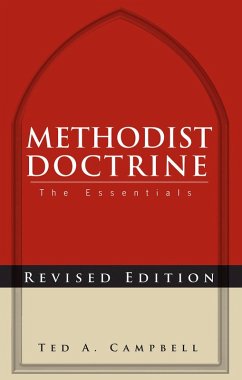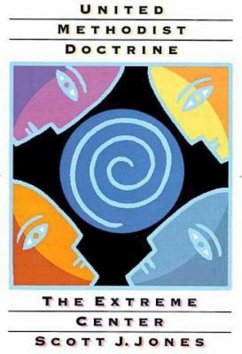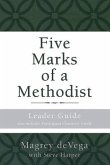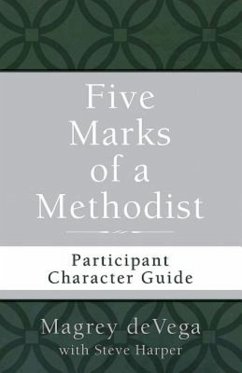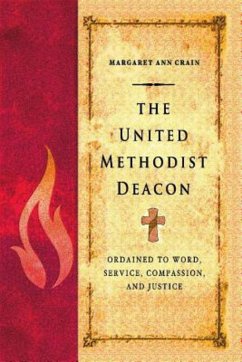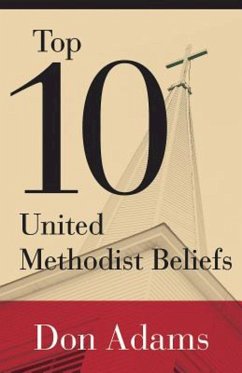In this concise, accessible book, Dr. Ted Campbell provides a brief summary of the major doctrines shared in the Wesley family of denominations. Writing in concise and straightforward language, Campbell organizes the material into systematic categories: doctrine of revelation, doctrine of God, doctrine of Christ, doctrine of the Spirit, doctrine of humanity, doctrine of "the way of salvation" (conversion/justification/sanctification), doctrine of the church and means of grace, and doctrine of thing to come. He also supplies substantial buy simplified updated references in the margins of the book that allow for easy identification of his sources.
John Wesley distinguished between essential doctrines on which agreement or consensus is critical and opinions about theology or church practices on which disagreement must be allowed. Though today few people join churches based on doctrinal commitments, once a person has joined a church it becomes important to know the teachings of that church's tradition. In Methodist Doctrine: The Essentials, Ted Campbell outlines historical doctrinal consensus in American Episcopal Methodist Churches in a comparative and ecumenical dialogue with the doctrinal inheritance of other major families of Christian tradition. In this way, the book shows both what Methodist churches historically teach in common with ecumenical Christianity and what is distinctive about the Methodist tradition in its various contemporary forms.
For more information, please see the author's website: http://tedcampbell.com/methodist-doctrine/
John Wesley distinguished between essential doctrines on which agreement or consensus is critical and opinions about theology or church practices on which disagreement must be allowed. Though today few people join churches based on doctrinal commitments, once a person has joined a church it becomes important to know the teachings of that church's tradition. In Methodist Doctrine: The Essentials, Ted Campbell outlines historical doctrinal consensus in American Episcopal Methodist Churches in a comparative and ecumenical dialogue with the doctrinal inheritance of other major families of Christian tradition. In this way, the book shows both what Methodist churches historically teach in common with ecumenical Christianity and what is distinctive about the Methodist tradition in its various contemporary forms.
For more information, please see the author's website: http://tedcampbell.com/methodist-doctrine/
Dieser Download kann aus rechtlichen Gründen nur mit Rechnungsadresse in A, D ausgeliefert werden.

